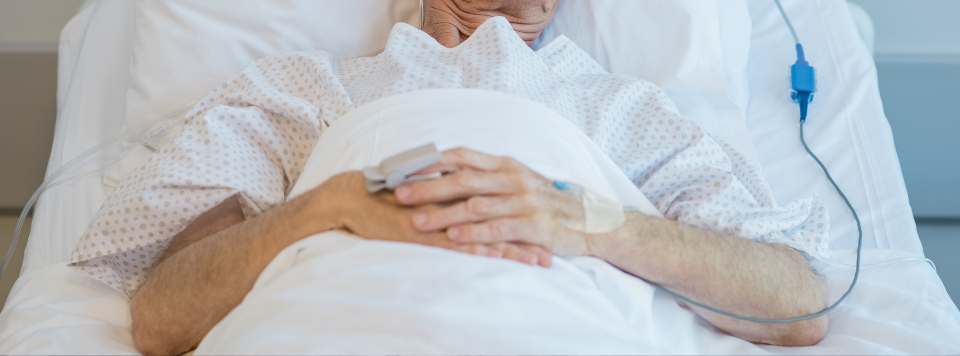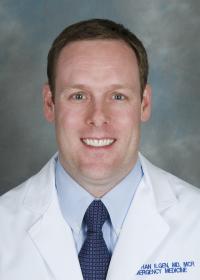DEM Section of Population Health’s Recent Work Investigating and Responding to the Health Effects of Climate Change
Investigators within the UW Department of Emergency Medicine’s (DEM’s) Section of Population Health have been studying the health effects of climate change and natural disasters for years. This past summer has unfortunately given them many opportunities to bring this research into practice and to highlight the issue of climate change impacts on emergency medicine to colleagues around the country. Recently, they have been contributing to a series of SAEM Pulse articles on climate and health. The first, published in the May-June 2021 Issue focuses on the severe health impact of recent wildfire smoke. The article, titled “A Scourge of Smoke: Wildfires and Emergency Medicine,” was authored by Professor Jeremy Hess, MD, MPH and 4th-year resident Dr. Zack Wettstein. The article explores how climate change, drought, and fire suppression have caused wildfires to become more frequent and extreme than those of the previous 100 years. With these fires come “intense and sustained waves of smoke” which result in mass amounts of particulate matter in the air we are breathing. Emergency departments around the region have seen an increase in hospitalizations due to the severe health events affecting the heart and lungs as a result of this heavy smoke.
Additionally, as part of the series, Drs. Hess and Wettstein, along with 3rd-year residents Drs. Eleanor Ganz and Lucy Goodson, published a second article in the September-October 2021 Issue of SAEM Pulse reflecting on the recent extreme heat wave in the PNW region. The article, titled “Facing a Hotter Future: Reflections from the 2021 Pacific Northwest Heat Wave,” is a shared personal reflection from these providers about their experience treating patients during the recent historically unprecedented heat wave which hit the PNW region this past summer. The providers were able to detail the human health impacts related to this extreme heat event directly linked to anthropogenic climate change. With sustained extreme temperatures 30°F above the region’s historical average, local emergency departments experienced substantially higher than average numbers of patients coming in for heat-related reasons, and the Disaster Medical Coordination Center was activated to help redistribute this increase in patients among overwhelmed area hospitals. As temperatures continue to rise, these extreme heat events will become more common, and regional, national, and international health systems will have to keep adapting in order to meet the needs of increasing numbers of patients seeking care for heat-related illnesses.
This subject, in particular, had so much interest that the Global Consortium on Climate and Health Education (GCCHE) invited our faculty and resident investigators to present on a panel at their webinar “Climate and Health Rapid Response: Heatwaves in the Pacific Northwest.” Dr. Jeremy Hess, along with fellow DEM Faculty Drs. Steven Mitchell and Cameron Buck, Harborview Medical Center (HMC) Charge Nurse Amy Leah Potter, and DEM Residents Drs. Ellie Ganz and Lucy Goodson presented on a webinar for the Global Consortium on Climate and Health Education (GCCHE) on August 26. The webinar, part of a series of Rapid Response webinars on climate and health,was titled “Climate and Health Rapid Response: Heatwaves in the Pacific Northwest,” and focused on the recent historically unprecedented extreme heat event, or “heat dome,” in Oregon, Washington, and British Columbia, Canada.
Dr. Hess has been working on the public health impacts of climate change for years and is a national and international source of knowledge in the field. He framed the discussion, providing background and a situational assessment, Charge Nurse Potter gave vivid testimony about the impact of the event on ED operations at HMC, and Drs. Mitchell and Buck, medical directors of emergency departments in the region, focused on disaster management operations. The two residents from our EM Residency Program shared their experiences caring for patients during the heat event and how they overcame the circumstances to provide excellent care to those affected by it. A key point highlighted was the teamwork involved in responding to events such as this, and how the next generation of physicians is preparing to respond to the inevitable recurrence of such events in the future.
The UW Team’s portion of the webinar can be found from the 10-minute mark to the 35-minute mark.








